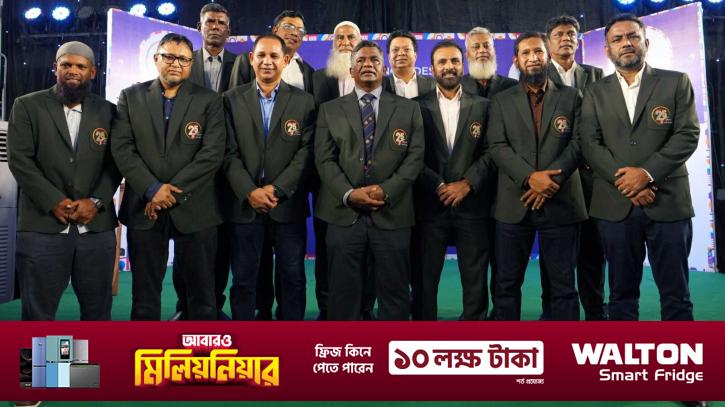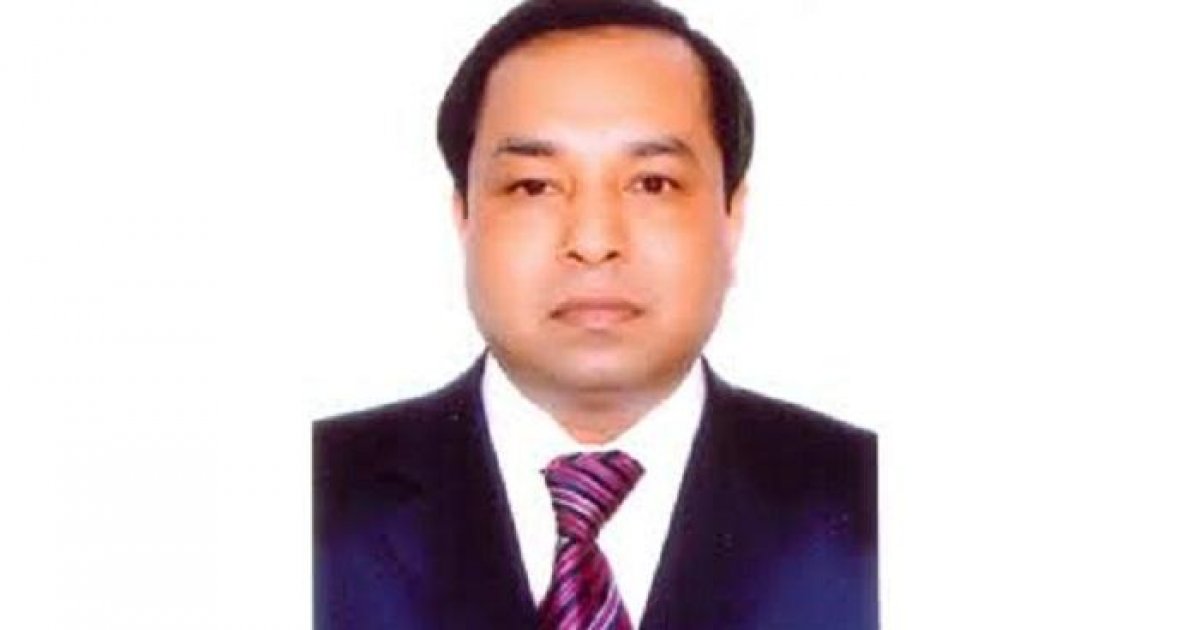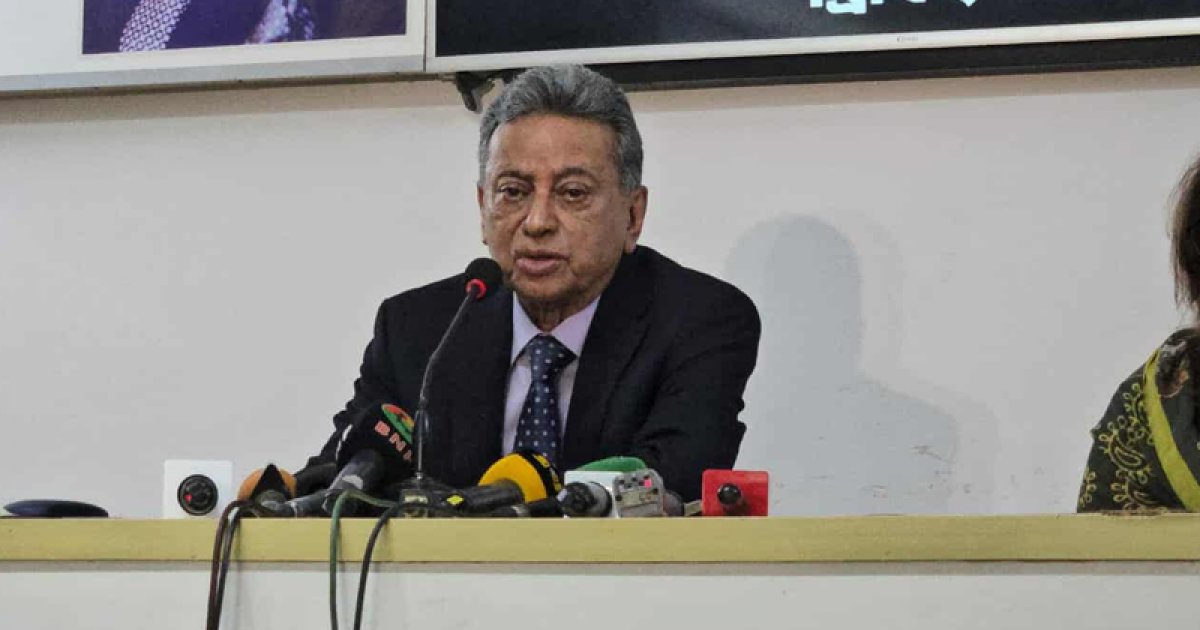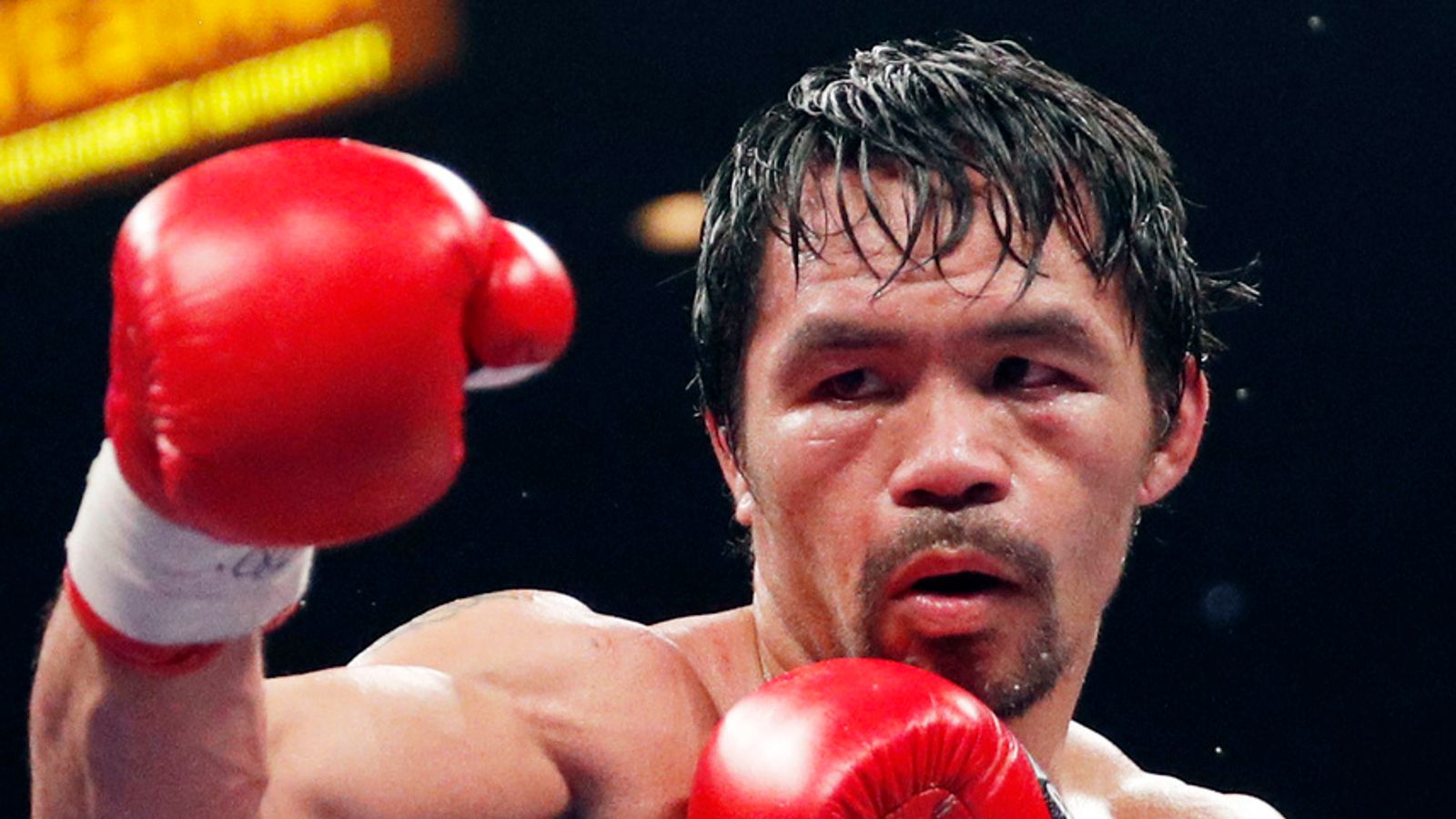Social media platforms have recently seen an uptick in a curious and seemingly contradictory campaign – largely fueled by supporters of the ruling Awami League – portraying Nobel Laureate Muhammad Yunus as the new “savior” of Muslims in Bangladesh. This sudden transformation of Yunus into a hero for Islamic groups has raised eyebrows, especially considering his and his daughter Monica Yunus’s long-standing ties to LGBTQ activism and advocacy.
Despite Yunus’s decades-long involvement in promoting and funding LGBTQ causes globally, a growing segment of Islamic leaders in Bangladesh now view him favorably, even as Awami League-affiliated voices try to weaponize his association with LGBTQ causes against him. This contradictory narrative exposes the fragile and often opportunistic dynamics of Bangladeshi politics, where ideological lines can be redrawn overnight.
At the center of this controversy is ‘Sing for Hope’, a New York-based non-profit founded in 2006 – the same year Yunus received the Nobel Peace Prize. Yunus and his daughter Monica are credited as co-founders of the organization, which is well-known for celebrating LGBTQ “Pride” annually and collaborating with globally recognized LGBTQ advocacy groups.
‘Sing for Hope’ is supported by numerous prominent institutions, including the New York State Council on the Arts, the New York City Department of Cultural Affairs, the Department of Education, and various private foundations such as the Beatrice and Reymont Paul Foundation and the Laurie M. Tisch Illumination Fund. It is a registered 501(c)(3) charitable organization (EIN 01-0856384), and Muhammad Yunus remains an active founding board member, making regular financial contributions to its programs.
In an interview with NBC News, Monica Yunus reflected on her identity and her father’s legacy, stating, “I came to my Bangladeshi identity later in life. I’ve obviously seen the work of my father and been influenced by it. I consider myself an ambassador for his work”. Raised by her Russian-American mother in New Jersey after her parents divorced, Monica has been a vocal advocate for the arts and inclusivity, and is frequently seen at LGBTQ Pride events representing ‘Sing for Hope’.
While some critics on social media accuse ‘Sing for Hope’ of explicitly promoting LGBTQ agendas – including gay and lesbian advocacy – its public positioning is more subtle but nonetheless clear. The organization actively participates in Pride celebrations, designing rainbow-themed pianos and collaborating with LGBTQ-friendly institutions such as the Elton John AIDS Foundation and Playbill. These actions underscore a visible alignment with LGBTQ causes, even if not declared as a central mission.
Notably, in 2012, Yunus joined three other Nobel Laureates in publicly supporting LGBTQ rights in Uganda, where anti-gay prosecutions had sparked global outrage. This statement drew significant backlash in Bangladesh, and in 2013, Islamic groups organized protests against Yunus for his perceived endorsement of gay rights.
Yet today, many of these same groups appear to be softening their stance, even supporting Yunus. This U-turn raises significant questions about political expediency and the possibility of strategic manipulation of religious sentiment.
The Awami League’s attempts to discredit Yunus by linking him with LGBTQ causes may be rooted in a desire to exploit the deeply conservative sentiments of Bangladesh’s Muslim majority, many of whom view LGBTQ rights with hostility. However, such tactics are unlikely to succeed internationally. In fact, they may backfire, enhancing Yunus’s standing in global media and among rights organizations that see him as a defender of minority rights.
Yunus’s involvement with LGBTQ-friendly causes is not an isolated matter. His network includes powerful global figures such as George Soros, who is widely known for his support of liberal social movements, including LGBTQ rights. Additionally, ‘Sing for Hope’ is engaged in humanitarian projects beyond LGBTQ advocacy – such as supporting AIDS patients, organizing cultural diplomacy initiatives at global forums including the United Nations, Harvard University, and the Kennedy Center, and partnering with organizations like UNICEF and the Skoll World Forum.
However, support for LGBTQ rights and humanitarian work cannot absolve Yunus of serious allegations concerning his financial and political conduct. His controversial microfinance model – praised in the West – has drawn sharp criticism at home for exploiting impoverished women as collateral for profit-driven ventures. Allegations of corruption, abuse of foreign donations, and financial irregularities have followed Yunus for decades.
More alarmingly, Yunus now stands accused of crimes that transcend financial wrongdoing. These include attempts to stoke religious discord – particularly targeting Hindus, Christians, and Buddhists in Bangladesh – as well as manipulating the country’s political system to maintain a grip on power. Serving as the de facto “chief advisor” of the current interim regime, Yunus appears reluctant to hold free and fair elections, reportedly seeking to delay the next general polls until December 2026 or beyond.
This reluctance to restore democratic governance is beginning to trigger growing discontent among the Bangladeshi populace, including many who once supported him. Yunus’s hunger for political power and financial influence is increasingly seen as self-serving. Many fear he views Bangladesh less as a nation of people to uplift, and more as a lucrative cash cow to exploit.
Muhammad Yunus may continue to dazzle the West with rainbow-colored diplomacy and global applause, but in Bangladesh, a different truth is unfolding – one mired in manipulation, hypocrisy, and betrayal of democratic values. His carefully curated image as a humanitarian and LGBTQ ally cannot shield him from the mounting evidence of corruption, political opportunism, and religious discord. As he clings to unelected power, suppresses democratic transition, and enriches himself under the guise of reform, Yunus is no longer the face of hope – he is becoming a symbol of deception. No global honor or celebrity endorsement can erase his role in turning Bangladesh into a playground for vested interests and personal gain. The world must look beyond the façade and confront the uncomfortable truth: Muhammad Yunus is not the savior of Bangladesh – he is its latest illusionist.
Please follow Blitz on Google News Channel
An internationally acclaimed multi-award-winning anti-militancy journalist, writer, research-scholar, counterterrorism specialist and editor of Blitz. He regularly writes for local and international newspapers on diversified topics, including international relations, politics, diplomacy, security and counterterrorism. Follow him on ‘X’ @Salah_Shoaib
muhammad-yunus-lgbtq-patron-turned-savior-of-muslims-in-bangladesh















Leave a Reply